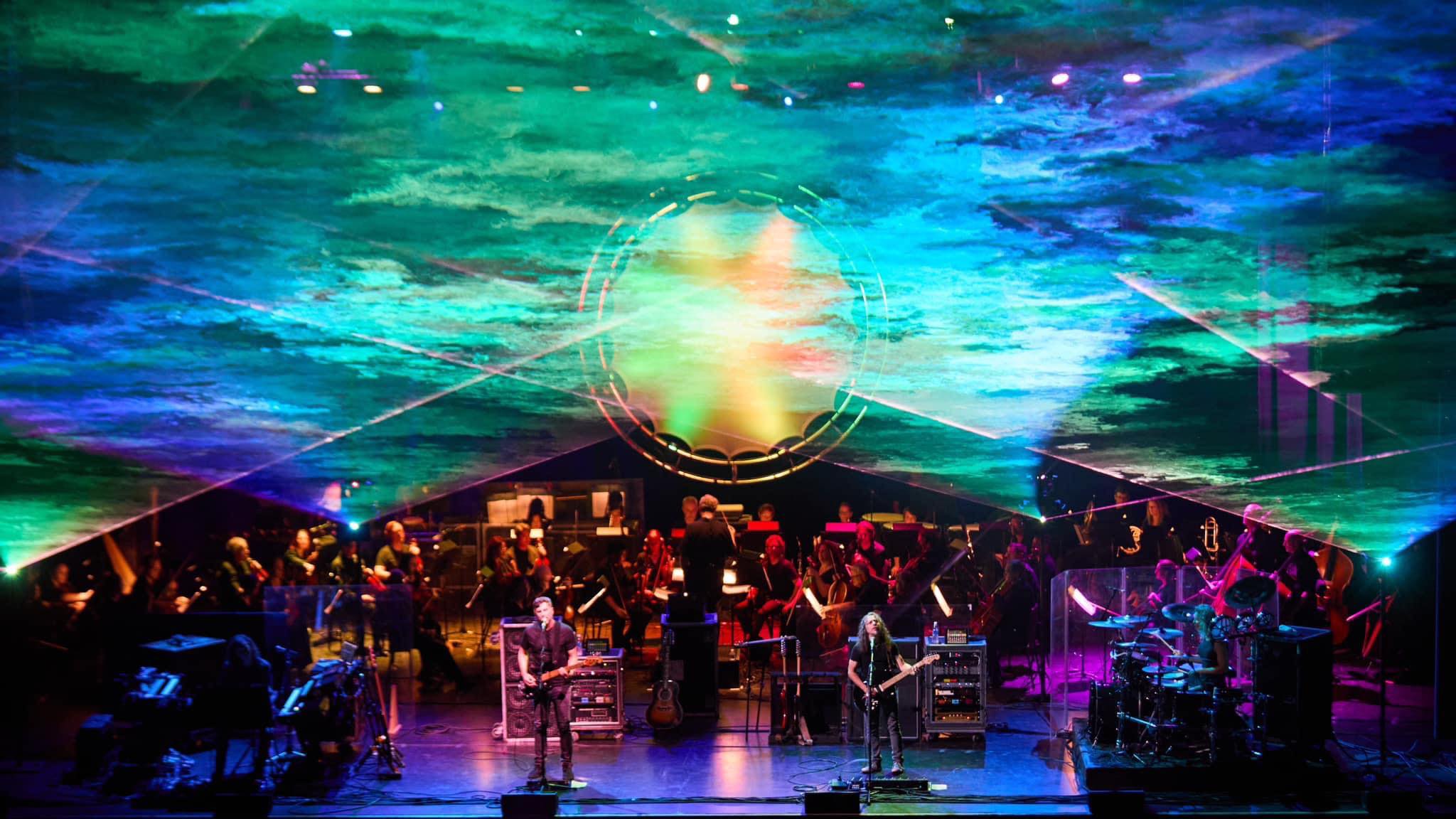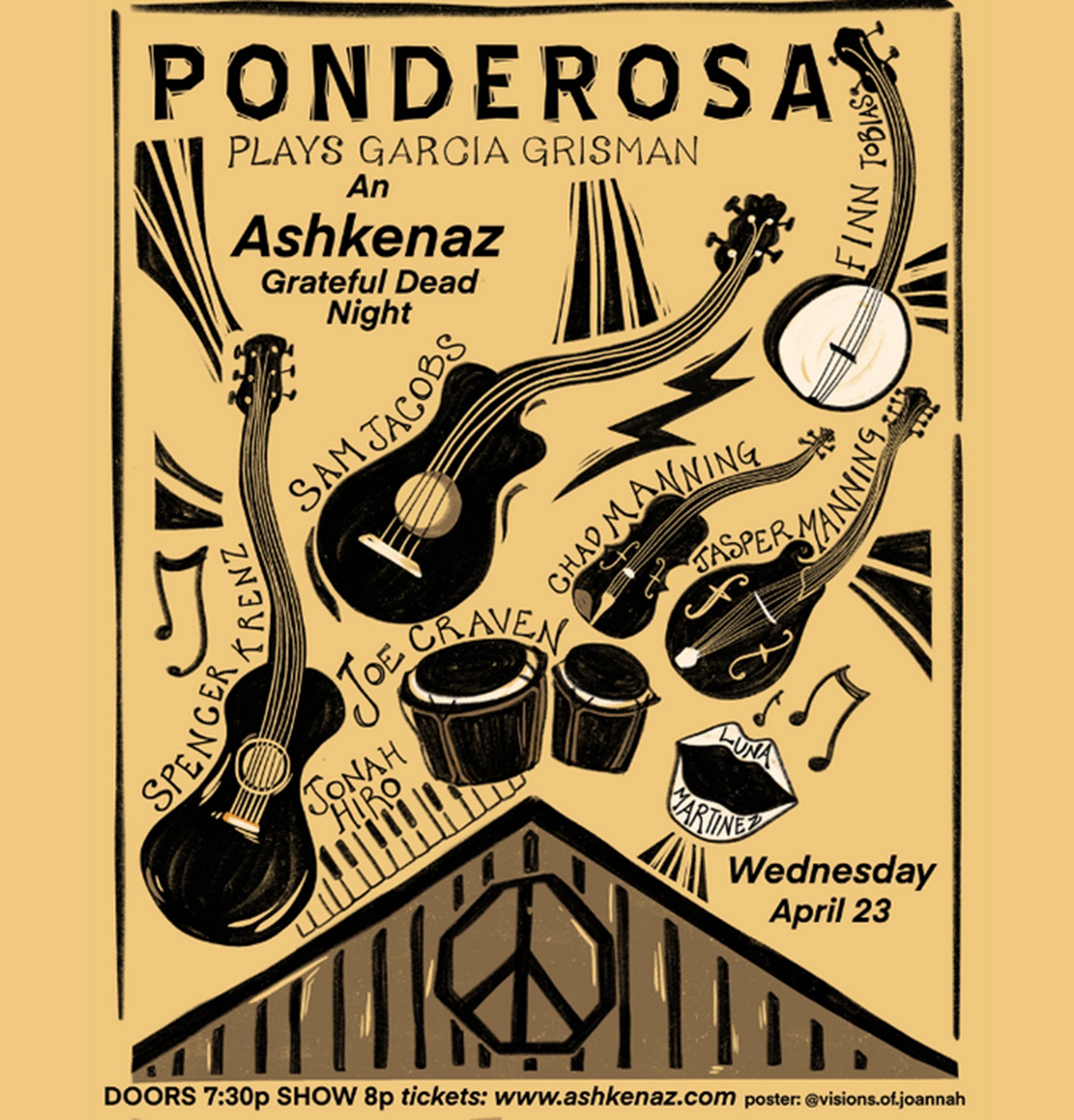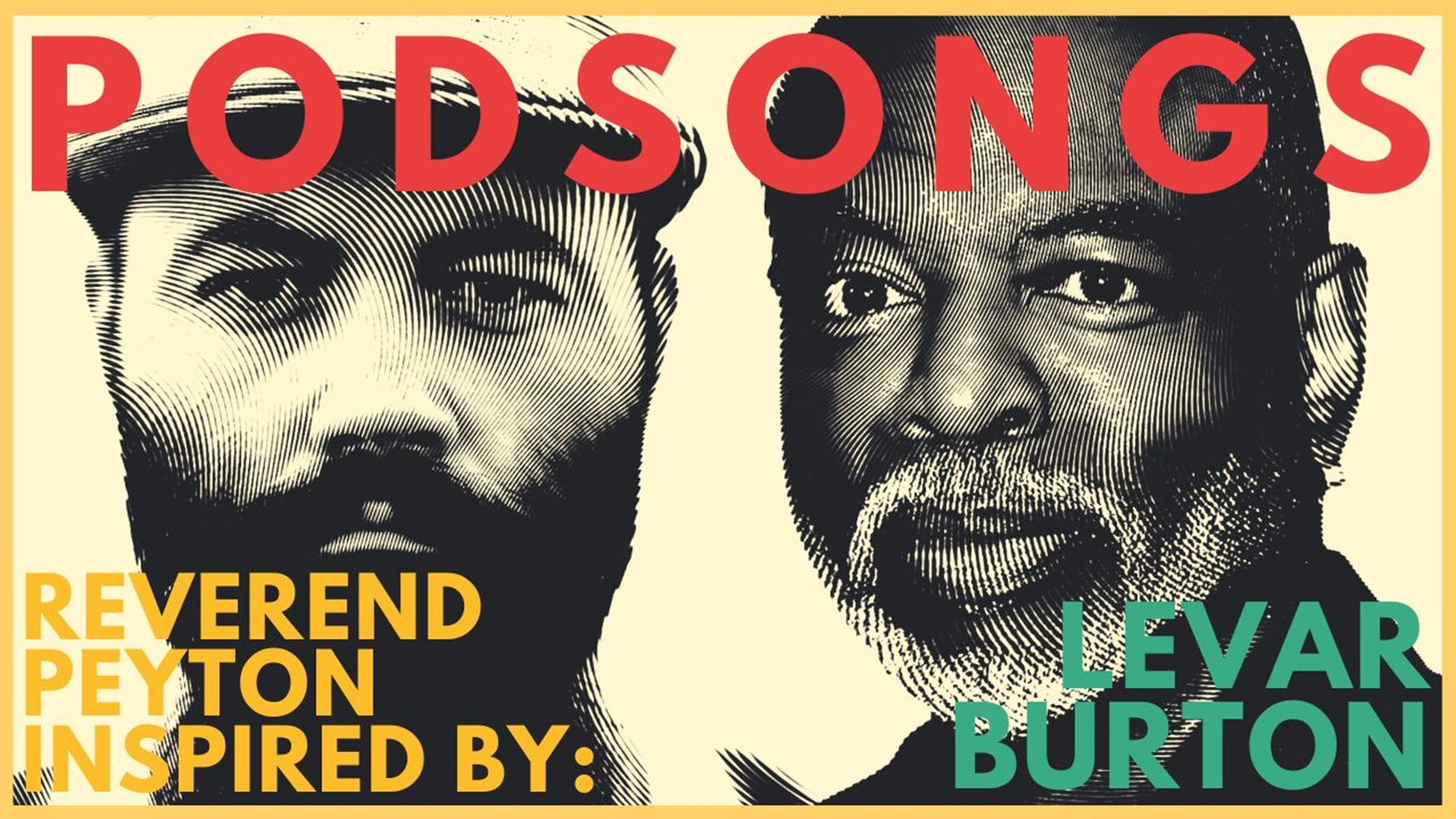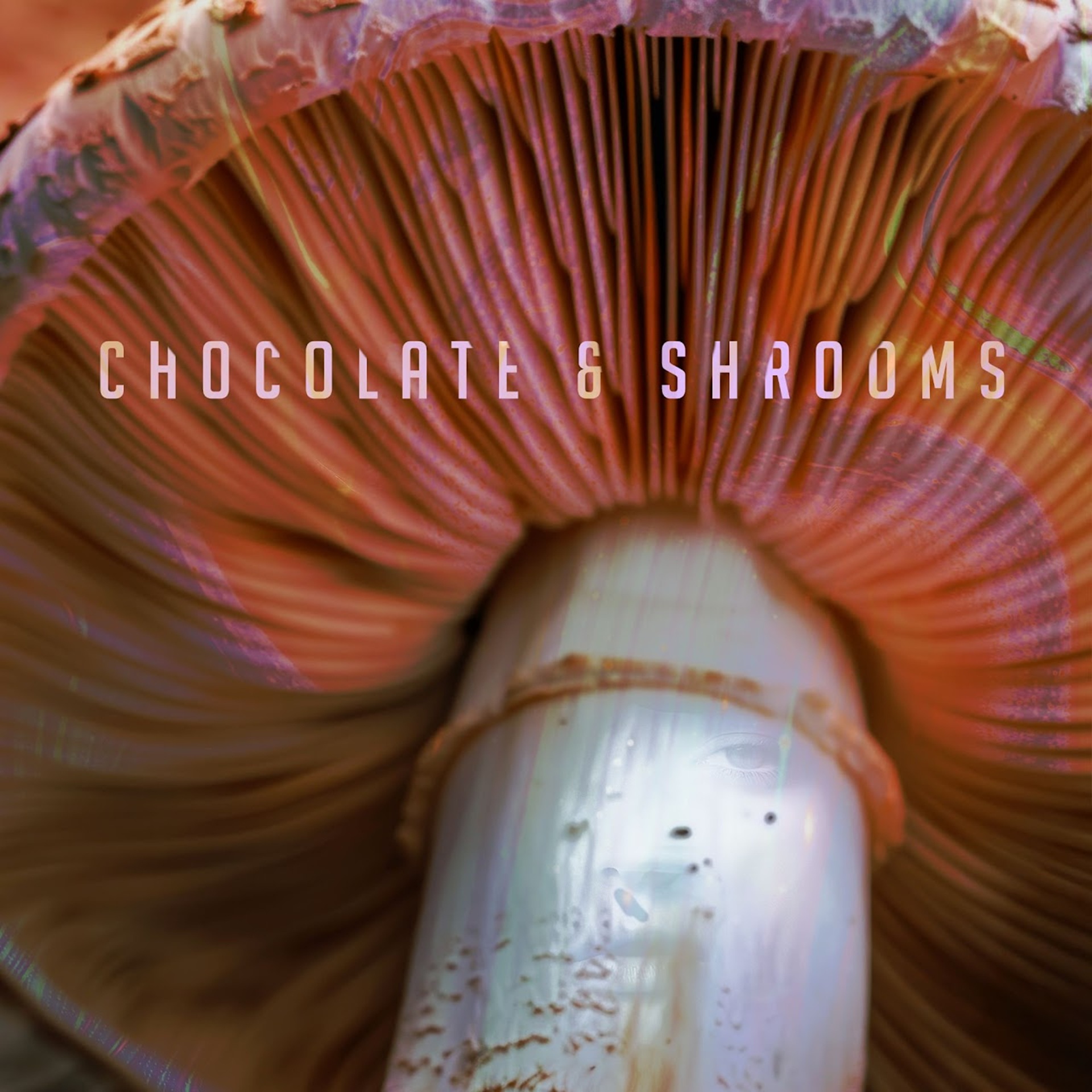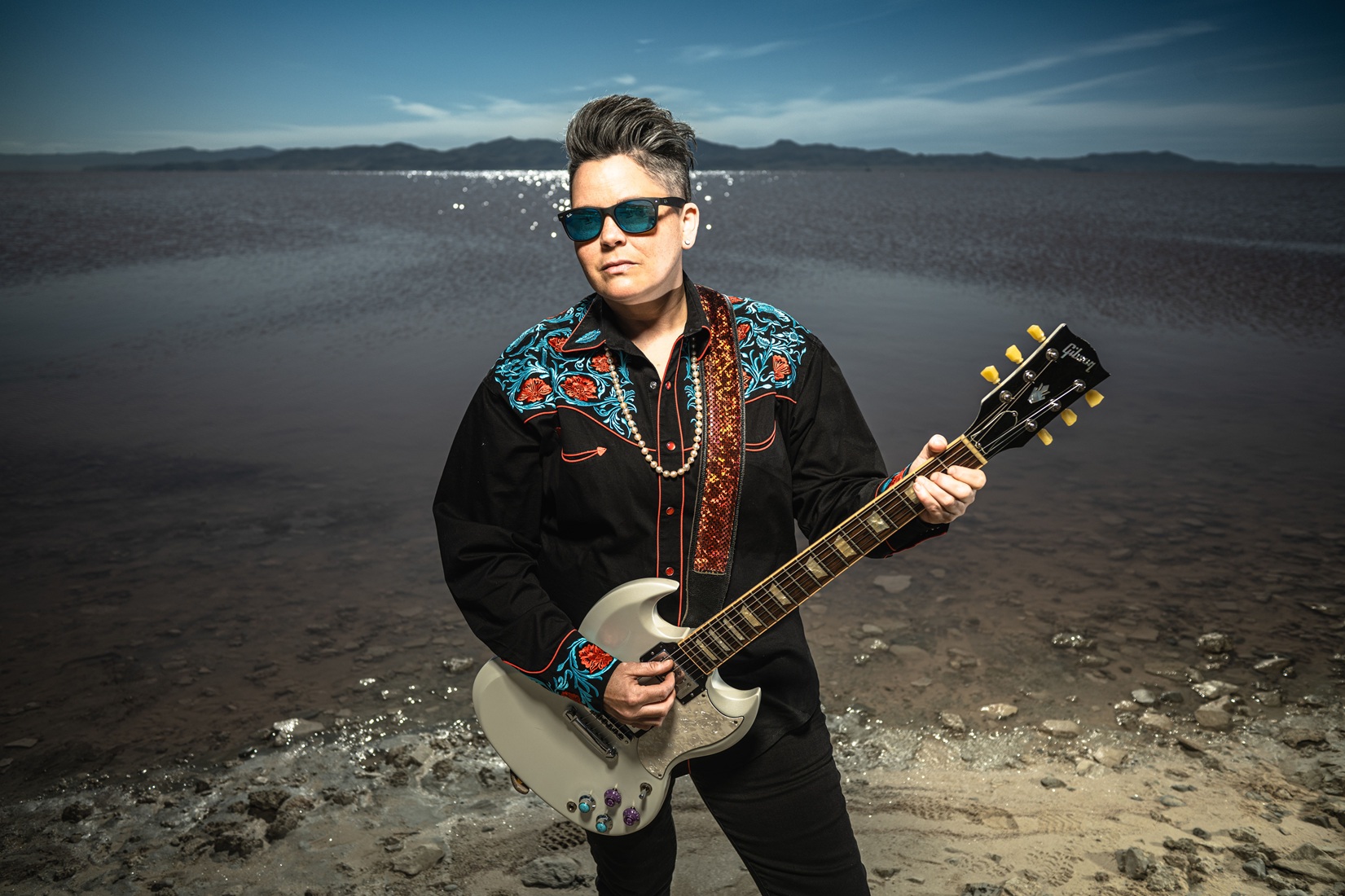As we mark the 92nd birthday of John Williams, it's a moment of profound reflection and celebration for us at Grateful Web. The legendary composer, whose melodies have become synonymous with the cinematic tapestry of our lives, holds a special place in the hearts of many, including myself, whose journey into the grandeur of classical music began with the iconic scores of Williams (and Bugs Bunny cartoons).
John Williams, more than a composer, is a weaver of dreams, crafting the unseen threads that connect our emotions to the stories unfolding on the screen. From the adventurous leaps in Star Wars to the mysterious encounters in Close Encounters of the Third Kind, his music has not just complemented but elevated the cinematic experience. It's worth noting that on January 22, 1978, in Eugene, Jerry Garcia and the Grateful Dead paid homage to Williams’ genius by weaving the Close Encounters theme into their show, a testament to his widespread influence.
Williams' scores for Superman and Raiders of the Lost Ark stand as pillars of heroism and adventure, etching the ideals of courage and discovery into the hearts of listeners. His music has been the backdrop of our imaginations, propelling us into realms beyond our reach. The impact of Williams extends beyond the confines of movie theaters; it has shaped American and global culture, bringing classical music to the forefront of popular consciousness.

His compositions, like the hauntingly beautiful theme from E.T. The Extra-Terrestrial, showcase not only his mastery over melody but also his profound understanding of humanity. Williams has the unique ability to capture the essence of the human spirit, its trials and triumphs, in notes and chords that resonate with a universal appeal.
John Williams’ music is more than just a soundtrack for films; it is the soundtrack of our lives. His works have accompanied us through our own adventures, sorrows, victories, and moments of awe. As we celebrate his 92nd birthday, we are reminded of the indelible mark he has left on the world through his contributions to music and storytelling. His legacy is not just in the notes that float from the scores he has composed but in the way his music has shaped the cultural landscape, bringing classical motifs into the heart of popular culture.
Williams' influence extends beyond the screen, touching the lives of countless individuals who, like myself, found their first love of classical music through the sweeping scores of Star Wars or the emotional depth of Close Encounters. His music serves as a bridge, connecting generations of listeners and viewers with the timeless beauty of orchestral music.

In the vast ocean of cinematic music, few themes are as instantly recognizable or as viscerally impactful as John Williams' score for "Jaws." With just two notes, Williams managed to capture the essence of primal fear, suspense, and the unseen dangers lurking beneath the surface. This masterpiece of minimalism transformed the way we perceive music in film, proving that sometimes simplicity can strike the deepest chord in the human psyche. The "Jaws" theme didn't just accompany a story about a menacing shark; it became a character in its own right, driving the narrative forward and heightening the tension to almost unbearable levels. Williams' ingenious composition for "Jaws" not only set a new standard for horror and thriller scores but also demonstrated the power of music to elevate cinematic storytelling to new heights. As we celebrate John Williams on his 92nd birthday, we pay homage to the unforgettable impact of "Jaws," a score that forever changed the waters of film music, making audiences feel the terror of what might be swimming just out of sight.






